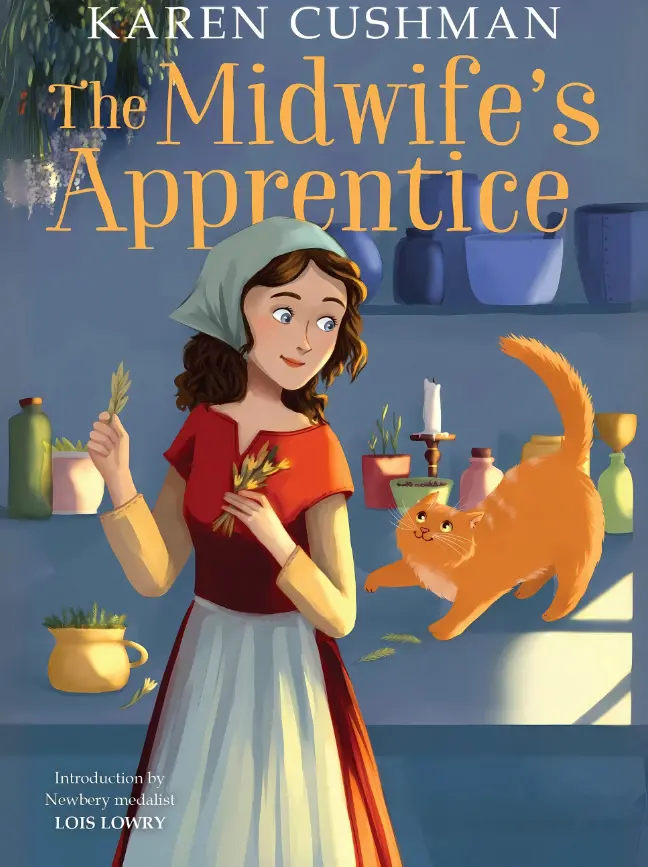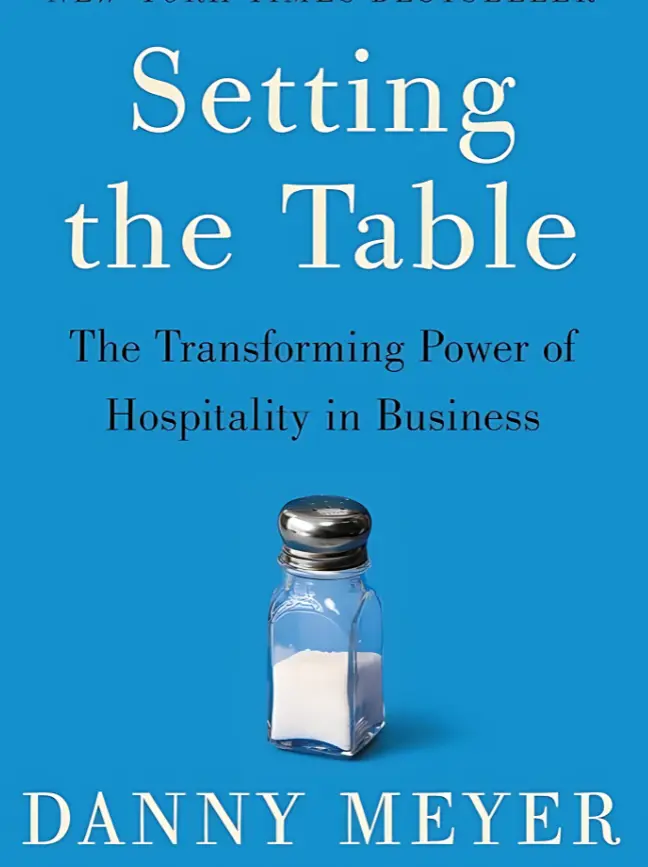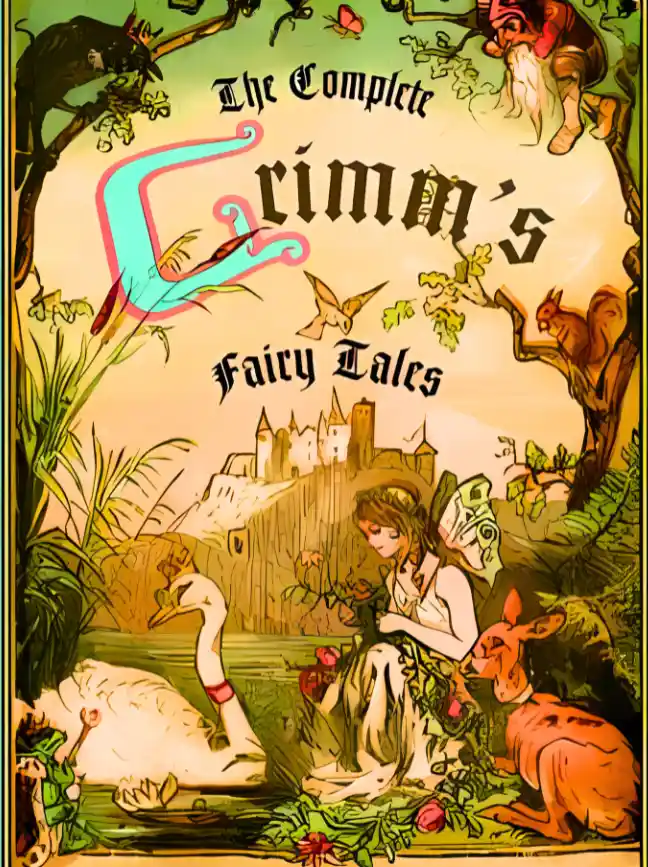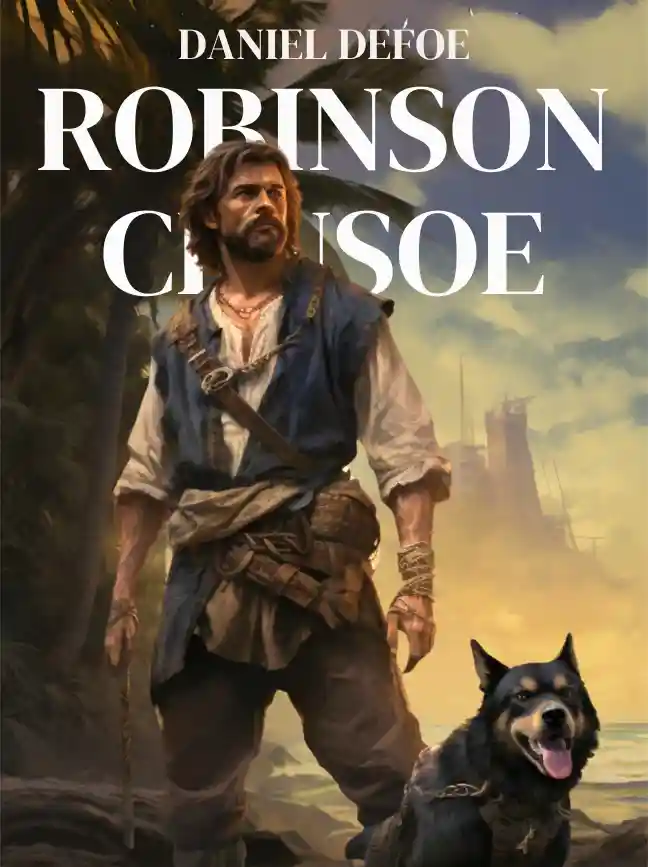D
aylight. She’d never been more thankful for such an ordinary sight, the beams of light filtering under the curtains making her heart soar. Noemí flung the curtain aside and pressed her palms against the window. She tried the door. It was, predictably, locked.
They had left a tray with food for her. The tea had gone cold, and she didn’t dare drink it, wondering what might be in it. Even the toast gave her pause. She ended up nibbling at the edges of the slice of bread and drinking water from the bathroom’s faucet.
If the fungus was in the air, though, did it matter? She was inhaling it anyway. The closet door was open, and she could see they’d emptied her suitcase and returned all her dresses to their hangers.
It was cold, so she put on her long-sleeved plaid dress with the Peter Pan collar and the matching white cuffs. It was warm enough, even if she had never quite favored plaid. She couldn’t even remember why she’d packed it, but she was glad she had.
Once she’d combed her hair and put on her shoes, Noemí tried to open the window again, but it didn’t budge. Neither did the door. The cutlery they’d left included a spoon, which would be of no help to her. Just as she was wondering if the spoon could be used to pry the door open, the key turned in the lock, and Florence stood at the doorway. As usual, she seemed extremely peeved to see Noemí. The feeling, that day, was entirely mutual.
“Do you intend to starve yourself?” Florence asked, eyeing the tray by the door, which Noemí had barely touched.
“Can’t say I have much of an appetite after what happened,” Noemí replied flatly.
“You’ll have to eat. In any case, Virgil wants to see you. He’s waiting in the library. Come along.”
Noemí followed the woman down the hallways and down the stairs. Florence did not speak to her, and Noemí moved two steps behind her at all times, until they reached the ground floor and Noemí dashed toward the front door. She feared they might have locked it, but the door handle turned, and she burst out into the misty morning. It was quite thick, this mist, but it didn’t matter. She dashed blindly into it.
Tall grasses brushed her body, and her dress caught on something. She heard it ripping, but she tugged at the skirt and kept going. It was raining, the slightest drizzle dampening her hair. And even if there had been thunder and lightning and hail she wouldn’t have stopped.
But Noemí did in fact stop. She was suddenly out of breath, and even when she stood still, tried to calm herself and breathe in, she could hardly accomplish it. She felt as though a hand were squeezing her throat and she gasped, stumbling against a tree, its low branches scratching her temple, and let out a sharp hiss, touching her head, feeling blood under her fingertips.
She needed to walk more slowly, needed to see where she was going, but the mist was thick, and the breathlessness did not subside. She slipped, tumbling to the ground, and lost a shoe. It was there and suddenly gone.
Noemí attempted to push herself up to her feet again, but the relentless pressure against her throat made it difficult to summon the necessary strength. She managed to get on her knees. Blindly she tried to reach for the missing shoe and gave up on it. It didn’t matter where it was. She tugged the other shoe off.
Barefoot, she’d continue on barefoot. She clutched her remaining shoe in one hand, trying to think. The mist shrouded everything. The trees and the shrubs and the house. She had no idea in which direction she should go, but she could hear the grasses rustling, and she was certain someone was coming for her.
She still couldn’t breathe, her throat was on fire. She gasped, trying to force air into her lungs. Noemí dug her fingers into the wet earth and stood up, dragging herself forward. Four, five, six steps before she stumbled again and was back on her knees.
It was too late by then. Through the mist came a tall, dark figure, which bent down next to her. She raised her hands, to ward it off, to no avail. He bent down, the man, he picked her up as easily as one lifted a rag doll, and she shook her head.
She struck, blindly, the shoe hitting his face, and he let out an angry grunt. He released her, dropping her in the mud. Noemí shifted forward, ready to crawl away if it came to it, but she hadn’t really hurt him, and he clutched her, pulled her into his arms.
He was taking her back to the house, and she couldn’t even protest; it was as if in the struggle her throat had been sealed almost completely shut and now she could barely draw in any air. To make it even worse, she realized how close the house really was, how she’d scarcely walked more than a few meters before collapsing on the ground.
She saw the porch, the front entrance, and turned her head to look up at the man.
Virgil. He’d opened the door and now they were going up the stairs. The round, colored glass window at the top of the staircase had a thin snake etched in red around the rim. She hadn’t noticed it before, but now the image was clear: the snake was biting its tail.
They headed to her room and into the bathroom. He gingerly placed her in the bathtub, and she gasped as he opened the tap and water began to flow into the tub.
“Get out of those clothes and clean yourself,” he said.
The shortness of breath was gone. Like flipping a switch. But her heart was still racing, and she stared at him, her mouth slightly open, her hands holding on to the sides of the bathtub.
“You’ll catch a cold,” he said simply, and he stretched out a hand, as if to undo the top button of her dress.
Noemí slapped his hand away and clutched the collar of her dress. “Don’t!” she yelled, and it hurt to speak, that one word slicing her tongue.
He chuckled, amused. “This is your fault, Noemí. You decided to take a tumble in the mud, in the rain, and now you must wash yourself. So, get out of those clothes before I make you,” he said. There was no threat in his voice; he sounded very measured, but his face was infused with a simmering animosity.
She undid the buttons with shaky hands and took the dress off, crumpling it into a ball and tossing it on the floor. She was left in her underthings. She thought that humiliation would be enough for him, but he leaned against the wall and cocked his head, looking at her.
“Well?” he said. “You’re filthy. Take off everything and wash yourself. Your hair is a mess.”
“As soon as you step out of the bathroom.”
He grabbed the three-legged stool and sat down, looking unperturbed. “I’m not going anywhere.”
“I’m not getting naked in front of you.”
He leaned forward, as if to share a secret with her. “I can make you get out of those clothes. It won’t take me a minute, and I will hurt you. Or you can take them off yourself, like a good girl.”
He meant it. She still felt light-headed, and the water was too hot, but she peeled off her undergarments and tossed them away, to rest in a corner of the bathroom. She grabbed the bar of soap sitting on a porcelain dish and scrubbed her head, soaped her arms and her hands. She worked quickly, rinsing the soap out.
Virgil had closed the tap, his left elbow resting on the edge of the tub. At least he was looking at the floor rather than at her, apparently content to admire the tiles. He rubbed his mouth with his fingers.
“You cut my lip with your shoe,” he said.
There was a trail of blood on his lips, and Noemí was glad that at least she’d managed that. “Is that why you’re torturing me?”
“Torture? I wanted to make sure you didn’t faint in the bath. It would be a pity if you drowned while in the tub.”
“You could have stood guard outside the door, you pig,” she told him, brushing a wet strand of her hair away from her face.
“Yes. But that wouldn’t be half as much fun,” he replied. His grin would have been charming if she’d met him at a party, if she didn’t know him. He had fooled Catalina with that smile, but it was a predator’s grin. It made her want to hit him again, to beat him in the name of her cousin.
The faucet was dripping. Plop, plop, plop. It was the only noise in the bathroom. She raised a hand, pointed behind him.
“You can pass me the robe now.” He didn’t reply.
“I said, you can—”
His hand dipped into the water, settling on her leg, and Noemí pushed herself back, slamming against the tub, making water splash onto the floor. Her instinct was to stand up, jump out of the tub, and run out of the room. But the position he occupied meant her path would be blocked if she did. He knew it too. The tub, the water, seemed to the young woman her shield, and she drew her knees against her chest.
“Get out,” she said, trying to sound firm rather than afraid.
“What? Are you suddenly bashful?” he asked. “Last time we were here it wasn’t the case.”
“That was a dream,” she stammered. “It doesn’t mean it wasn’t real.”
She blinked incredulously at him, and she opened her mouth to protest. Virgil leaned forward, his hand settling on the back of her neck, and she shrieked, pushing him away, but he’d gotten hold of her hair and was tipping her head back, pulling it hard.
He’d done that in the dream, or a similar motion. Pulled her head up and kissed her, and afterward she’d wanted him.
She tried to turn her head away.
“Virgil,” Francis said loudly. He was standing by the doorway, his hands curled into tight fists at his side.
Virgil turned his head toward his cousin. “Yes?” he said, his voice hard.
“Dr. Cummins is here. He’s ready to see her.”
Virgil let out a sigh and gave Noemí a shrug, releasing her. “Well, it seems we’ll continue our chat some other time,” he declared and walked out of the bathroom.
She had not expected him to release her, and her relief was so profound she pressed both hands against her mouth and bent forward, gasping.
“Dr. Cummins wants to check up on you. Do you need help getting out of the tub?” Francis asked. He spoke softly.
She shook her head. Her face was burning, flushed with mortification.
Francis had grabbed a folded towel from a pile upon a shelf, and he wordlessly handed it to her. She looked up at him and clutched the towel.
“I’ll be in the room,” Francis said.
He walked out of the bathroom and closed the door behind him.
Noemí dried herself and put on her robe.
When she stepped out of the bathroom Dr. Cummins was standing by the bed and gestured for her to sit down on it. He took Noemí’s pulse, checked her heartbeat, then opened a bottle with rubbing alcohol and dampened a ball of cotton with it. He pressed the piece of cotton against her temple. Noemí had forgotten about the scratch she’d incurred, and she winced.
“How is she?” Francis asked. He was standing behind the doctor, looking anxious.
“She’ll be fine. There’s nothing but a couple of scrapes. It won’t even necessitate a bandage. But it shouldn’t have happened. I thought you had explained to her the situation already,” the doctor said. “If she’d damaged her face Howard would have been very sore about it.”
“You shouldn’t be mad at him. Francis did explain that I’m in a house full of incestuous monsters and their toadies,” Noemí replied.
Dr. Cummins stilled his fingers and frowned. “Well. You haven’t lost that charming way of addressing your elders. Fill a glass with water, Francis,” the doctor said as he continued dabbing at her hairline. “The girl is dehydrated.”
“I can manage,” she replied, snatching away the piece of cotton and pressing it against her head.
The doctor shrugged and tossed his stethoscope in his black bag. “Francis was supposed to talk to you, but he must not have made himself clear last night. You can’t leave this house, Miss Taboada. No one can. It won’t let you. If you try to run off, you’ll suffer another attack like the one you had.”
“How can a house do that?”
“It can. That is all that matters.”
Francis approached the bed with the glass of water and handed it to her. Noemí took a couple of sips, carefully eyeing both men. Cummins’s face caught her eye; there was a detail she had not noticed before and which now seemed obvious.
“You’re related to them, aren’t you? You’re another Doyle.” “Distantly, which is why I live in the village, managing the
family’s affairs,” the doctor replied.
Distantly. That sounded like a joke. She didn’t think there was any distance in the Doyle family tree. It didn’t branch at all. Virgil had said he’d married Dr. Cummins’s daughter, which meant that, to boot, they’d attempted to pull that “distant” relation back into their bosom.
He wants you to be part of our family, Francis had said. Noemí clutched the glass with both hands.
“You must have your breakfast. Francis, bring the tray here,” the doctor commanded.
“I’ve lost my appetite.”
“Don’t be silly. Francis, the tray.”
“Is the tea warm? I’ll very much enjoy tossing a scalding cup in the good doctor’s face,” she said lightly.
The doctor took off his glasses and began cleaning them with a handkerchief, his brow furrowed. “It seems you are determined to be difficult today. I shouldn’t be surprised. Women can be terribly mercurial.”
“Was your daughter difficult?” Noemí asked. The doctor raised his head sharply and stared at her, and she knew she’d struck a nerve. “You gave them your own daughter.”
“I have no idea what you are talking about,” he muttered.
“Virgil said she ran away, but it’s not true. No one leaves this place, you said so. It would never have let her go. She’s dead, isn’t she? Did he kill her?”
Noemí and the doctor stared at each other. The doctor stood up stiffly, snatching the glass from her hands and setting it on the night table.
“Perhaps if you’d let us speak, the two of us alone,” Francis told the older man.
Dr. Cummins clasped Francis by the arm and gave Noemí a narrow look. “Yes. You must talk sense into her. He won’t tolerate this behavior, you know it.”
Before exiting the room, the doctor paused at the foot of the bed, his medical bag held tight in one hand, and addressed Noemí. “My daughter died in childbirth, if you must know. She couldn’t give the family the child they needed. Howard thinks you and Catalina will be hardier. Different blood. We’ll see.”
He closed the door behind him.
Francis grabbed the silver tray and brought it to the bed. Noemí clutched the covers. “You really must eat,” he told her.
“Isn’t it poisoned?” she asked.
He leaned down, set the tray upon her lap, whispering in Spanish to her ear. “The food you’ve had, the tea, they’ve been laced with something, yes. But the egg is fine, start eating. I’ll tell you.”
“What—”
“In Spanish,” he said. “He can hear, through the walls, through the house, but he doesn’t speak Spanish. He won’t understand. Keep your voice low and eat, I’m serious. You are dehydrated and you vomited so much last night.”
Noemí stared at him. Slowly she grabbed a spoon and tapped the hard-boiled egg’s shell without taking her eyes off him.
“I want to help you,” he said, “but it’s difficult. You’ve seen what the house can do.”
“Keep you inside, apparently. Is it true I can’t leave?”
“It can induce you to do certain things and stop you from doing others.”
“Control your mind.”
“In a way. It’s more rudimentary than that. There’s certain instincts it triggers.”
“I couldn’t breathe.” “I know.”
Slowly Noemí nibbled at a bit of egg. When she was done he pointed at the toast, nodding, but shook his head at the jam.
“There must be a way to get out of here.”
“There might be.” He took out a little flask from his pocket and showed it to her. “Recognize this?”
“It’s the medicine I gave my cousin. What are you doing with it?” “Dr. Cummins told me to get rid of it after that episode, but I
didn’t. The fungus, it’s in the air, and my mother makes sure it’s in
your food. That’s how, slowly, it gets a hold of you. But it’s very sensitive to certain triggers. It doesn’t really like light much, nor certain scents.”
“My cigarettes,” she said, snapping her fingers. “It irritates the house. And this tincture, it must irritate it too.”
Did the healer in town know this? Or had it been a happy accident? Catalina had figured out the tincture had an effect on the house, that was certain. Accidental or intentional, her cousin had discovered the key even if she had been prevented from turning it.
“It does more than that,” Francis said. “It interferes with it. You take this tincture, the house, the fungus, will loosen its hold on you.”
“How can you be sure about that?”
“Catalina. She tried to run away, but Virgil and Arthur caught her and brought her back. They found the draught she’d been taking and determined it was affecting the house’s control on her, so they took it away. But they didn’t realize this had been going on for a little while, and she must have asked someone in town to post a letter for her.”
Catalina, clever girl. She’d devised a fail-safe mechanism and had summoned help. Unfortunately, now Noemí, the would-be rescuer, was also trapped.
She reached for the flask, but he caught her hand and shook his head. “Remember what happened to your cousin? Take too much at once and you’ll have a seizure.”
“Then it’s useless.”
“Far from it. You’ll have to drink a little bit each time. Look, Dr. Cummins is here for a reason. Great Uncle Howard is going to die. There’s no stopping it. The fungus extends your life, but it can’t keep you going forever. His body will give way soon, and afterward he’ll begin the transmigration. He will take possession of Virgil’s body. When that happens, when he dies, everyone will be distracted. They’ll be busy clustering around both of them. And the house will be weakened.”
“When will this happen?”
“It can’t be too long,” Francis said. “You’ve seen Howard.”
Noemí didn’t really want to remember what she’d seen. She put down the bit of egg she had been nibbling and frowned.
“He wants you to be part of the family. Go along with it, be patient, and I’ll get you out of here. There are tunnels, they lead to the cemetery, and I think I can hide supplies in them.”
“What does ‘go along with it’ mean exactly?” Noemí asked, because Francis was evading her eyes.
She caught his chin with one hand, made him look at her. He stood perfectly still, holding his breath.
“He’d like you to marry me. He’d like you to have children with me. He wants you to be one of us,” Francis said at last.
“And if I say no? What then?” “He’ll have his way.”
“He’ll carve my mind out, like the servants? Or simply rape me?” she asked.
“It won’t come to that,” Francis muttered. “Why?”
“Because he enjoys controlling people in other ways. It would be too coarse. He let my father go to town for years, he let Catalina go to church. He even let Virgil and my mother get far away from town and find spouses. He knows he needs people to obey his will and do his bidding, and they must welcome it, otherwise it’s too exhausting.”
“And he can’t control them all the time,” Noemí ventured. “Ruth was able to grab a rifle, after all, and Catalina tried to tell me the truth.”
“That’s right. And Catalina wouldn’t reveal who’d given her the tonic, no matter how much Howard tried to wrestle that information from her.”
Plus the miners had organized a strike. As much as Howard Doyle would like to believe himself a god, he couldn’t push and force everyone to submit to him every hour of the day. And yet, in decades past, he must have been able to subtly manipulate a great number of people, and when that wasn’t enough he could kill them or make them disappear, like with Benito.
“Outright confrontation won’t work,” Francis said.
Noemí examined the butter knife and knew he was right. What could she do? Kick and punch and she’d end up right where she was, perhaps even worse off. “If I agree to go along with this charade, then you must get Catalina out too.”
Francis did not reply, but she could guess that he wasn’t enjoying the idea of springing two people out by the way he frowned.
“I can’t leave her behind,” she said, clutching the hand in which he still held the bottle. “You must also give her the tincture, you must also break her free.”
“Yes, fine. Keep your voice down.”
She let go of his hand and lowered her voice. “You must promise, on your life.”
“I’m promising. Now, shall we give it a try?” he asked, taking out the bottle’s glass stopper. “It’ll make you a little sleepy, but you probably need the rest.”
“Virgil can see my dreams,” she muttered, pressing her knuckles against her mouth for a moment. “Won’t he know, if he can see my dreams? Won’t he know what I’m thinking?”
“They’re not really dreams. It’s the gloom. But be careful when you’re there.”
“I don’t know if I can trust you,” she said. “Why would you help me?”
He was unlike his cousin in a thousand tiny ways, with his slim hands and his weak mouth, spindly where Virgil was solid forcefulness. He was young and wan, and infected with kindness. But who could say if it was all for show, if he couldn’t sink into ruthless indifference. After all, nothing in this place was what it seemed. There were secrets upon secrets.
She touched the back of her neck, the place where Virgil’s fingers had dug into her hair.
Francis twirled the glass stopper in one hand. It caught a stray ray of light, filtering through the curtains; a tiny prism, painting a rainbow on the edge of her bed.
“There’s a cicada fungus—Massospora cicadina,” Francis said. “I read about it in a journal once. The fungus infects the cicada’s abdomen, turning it into a mass of yellow powder. Even as its body is consumed from the inside, the infected cicada keeps ‘singing,’ calling for a mate, half-dead. Can you imagine?”
He paused, setting down the glass stopper. “You’re right. I do have a choice. I won’t spend my life singing a tune, pretending everything is fine.”
He glanced up, meeting her gaze. “You’ve managed to pretend all this time.”
She held his steady, somber gaze. “Yes,” he said. “But now you’re here, and I can’t anymore.”
She remained silent, watching as he carefully poured a few drops of liquid onto a spoon. Noemí took the tincture, wincing at its bitterness. He handed her a napkin, and she wiped her mouth.
“Let me take this,” Francis said, placing the bottle back in his pocket and lifting her tray. She touched his arm, stopping him.
“Thank you.”
“Don’t thank me,” he replied softly. “I should have spoken sooner. I’ve just… been a coward.”
She rested her head against the pillows, letting drowsiness settle over her. After some time—she wasn’t sure how long—a rustling sound stirred her. She sat up to see Ruth Doyle at the foot of her bed, staring at the floor.
No, not Ruth. A memory? A ghost? Not quite. She realized now that what she’d seen and heard, the voice whispering for her to open her eyes, was Ruth’s mind, lingering in the darkness, in the moldy crevices of the walls. There must be other minds, fragments of people, hidden beneath the wallpaper, yet none so vivid or real as Ruth. None, except perhaps that golden presence she couldn’t quite define, something she wasn’t even sure was a person. It didn’t feel like one. Not like Ruth.
“Can you hear me?” she asked. “Or are you like the grooves in a vinyl record?”
She wasn’t afraid of the girl. She was a young woman, abused and abandoned. Her presence wasn’t malicious, merely anxious.
“I’m not sorry,” Ruth said.
“My name is Noemí. I’ve seen you before, but I’m not sure you understand me.”
“Not sorry.”
Noemí didn’t think the girl was going to offer her more than those scant words, but suddenly Ruth lifted her head and stared at her.
“Mother cannot, will not protect you. No one will protect you.”
Mother is dead, Noemí thought. You killed her. But she doubted there was any point in reminding someone who was a corpse, long buried, about such things. Noemí stretched out a hand, touching the girl’s shoulder. She felt real under her fingers.
“You have to kill him. Father will never let you go. That was my mistake. I didn’t do it right.” The girl shook her head.
“How should you have done it?” Noemí asked. “I didn’t do it right. He is a god! He is a god!”
The girl began sobbing and clasped both hands against her mouth, rocking back and forth. Noemí tried to embrace her, but Ruth flung herself against the floor and curled up there, her hands still covering her mouth. Noemí knelt down next to her.
“Ruth, don’t cry,” she said, and as she spoke Ruth’s body turned gray, white speckles of mold spreading across her face and hands, and the girl wept, black tears sliding down her cheeks, bile trickling out of her mouth and nose.
Ruth began to tear at herself with her nails, letting out a hoarse scream. Noemí pushed herself backward, bumping against the bed. The girl was writhing; now she scratched at the floor, her nails tearing at the wood, driving splinters into her palms.
Noemí clacked her teeth together in fear and thought to cry too, but then she recalled the words, the mantra.
“Open your eyes,” Noemí said.
And Noemí did. She opened her eyes, and the room was dark. She was alone. It rained again. She stood up and slid the curtain away. The distant sound of thunder was unsettling. Where was her bracelet? The bracelet against the evil eye. But that would do no good
now. Inside the night table’s drawer she found her pack of cigarettes and her lighter; those were still there.
Noemí flicked the lighter on, watching the flame bloom, and then closed it, returning it to the drawer.








